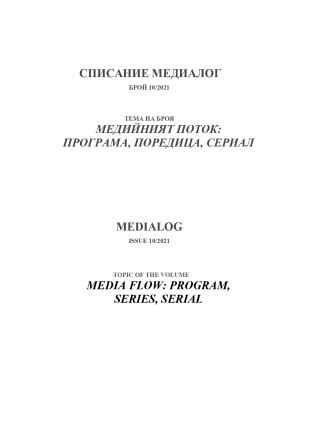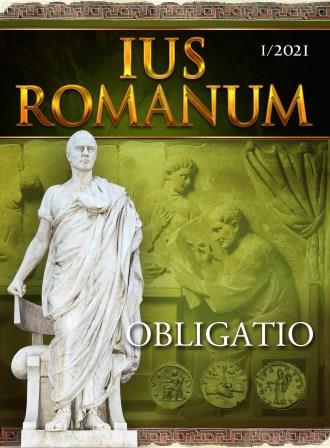
NEGATIVE CAMPAIGNING ON SOCIAL MEDIA SITES: A QUANTITATIVE ANALYSIS OF THE 2019 AUSTRIAN NATIONAL COUNCIL ELECTION CAMPAIGN
Election campaigns in the age of social media are rapidly changing their character. Due to the declining party loyalty of voters, once stable constituencies have become increasingly volatile and the importance of campaigning has increased. Parties are now thought to be more likely than in the past to opt for negative campaigning. This paper examines the postings that parties or top candidates made on the social media sites Facebook and Twitter during the 2019 National Council election campaign. The results suggest that - at least on social media sites - the cost-benefit analysis of the parties might turn towards negative campaigning, as the average popularity of negative campaigning posts was higher than those that were not tagged with negative campaigning.
More...




![ONLY RAPE! HUMAN RIGHTS AND GENDER EQUALITY FOR REFUGEE WOMEN: FROM REFUGEE CAMPS TO THE UNITED NATIONS [Authors: Eileen Pittaway and Linda Albina Bartolomei (Springer, Palgrave Macmillan Singapore 2022)]](/api/image/getissuecoverimage?id=picture_2024_81734.jpg)

